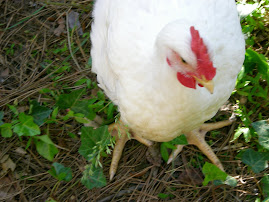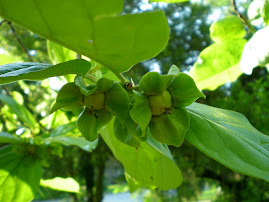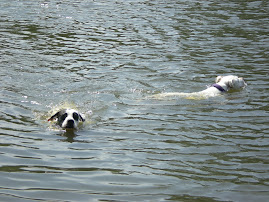mentionables
dry pond garden is a wonderful place to visit. it is also a fantastic place to get married. the landscape is beautiful and the old house is very charming.
BUYING ANIMALS FROM PET STORES IS EVIL. THEY BUY THEIR ANIMALS FROM MILLS THAT END UP IN SHELTERS IF THEY AREN'T BOUGHT. THEY DO NOT TAKE VERY GOOD CARE OF THEIR ANIMALS. THEY CONTRIBUTE TO THE STUPIDITY KNOWN AS "DESIGNER BREEDING" WHICH IS BASICALLY CREATING A NEW KIND OF MUTT. IF YOU ARE SOMEONE WHO HAS BOUGHT A PUGGLE OR A COCKERDOODLE FROM A PETSTORE, YOU SHOULD BE BEATEN AND HUMILIATED. YOU JUST SPENT SEVERAL HUNDRED DOLLARS ON A MUTT YOU DUMBASS. GO TO THE SHELTER AND ADOPT AN ANIMAL FOR WAY LESS AND YOU WILL BE SAVING A LIFE.
costco is now carrying an environmentally friendly product!!!! it's called ecos and it is a liquid laundry detergent. it costs about $12 and you can do something like 150 loads. it is biodegradable and made from soy products! they are considering carrying more eco-friendly products IF there are good enough sales. we bought some yesterday and if you have a costco membership, you should too!!
taking vitamins is good for your health, people. i was a very adamant non-vitamin taker because i believed that our bodies are capable of extracting vitmains from food and other sources naturally. which is true, BUT - the energy that your body uses to extract these vitamins from food causes damage to your DNA (it's called aging and is caused by the release of free radicals) and if you take vitamins (GOOD ONES like juice plus) that energy can be used for other functions that benefit your mind and body thus contributing to *gasp* evolution of your dna (which is then passed down to your children who are less likely to inherit negative traits from you!). don't believe me? well, i am no scientist but these people are:
morphologists tell us that certain body structures would be impossible to build without enough of the right kinds of food. to build a brain, for instance, you need miles of lipid (fatty) membrane to wrap around neurons, and lots of vascualr tissue to feed those neurons. both components are made of essential (long-chain) fatty acid derivatives, which are chemically manufactures in an herbivore's body, startin with fats in leaves and seeds. an easier way to amass large quantities of these "neural" fatty acids is to eat animals that have already manufactured them for you. switching from a leaf only diet to one with meat, therefore, might have given carnivores a larger supply of neural building blocks - the ticket to advanced structures like keen eyes and a bigger brain.
second, in addition to being a structural material, food is also a batch of chemicals, which, by their nature, are reactive. when these substances enter the body, they bump into and interact with the bath of hormones, enzymes, genes, and neurotransmitters that govern and regulate cell life. above a certain threshold concentration, food chemicals may begin to influence which enzymes start to work, or when genes will turn on or turn off.
this threshold mechanism gives food the ability to tweak powerful control knobs within the body. imagine, for instance, that an adaptation is lying dormant in the genes, just waiting for a chemical surge to "turn it on". there's no telling what might emerge as a result of a good diet. witness the spurt in human height, for instance, when nutritious foods became widely available in the western world. in this case the nutrients affect the phenotype (the growing body) but not the genotype (the set of instructions encoded in DNA that is passed from generation to generation). take the diet away from the next generation of phenotypes, and heights will shrink to prior averages.
but what if diet can affect certain aspects of our permanent genotype over the long haul? Crawford and Marsh think that it can, and they offer the following rationale. if you can eat an animal that makes an important nutrient, such as vitamin A, you no longer have to devote your biosynthetic pathways to making vitamin A. this frees your energy for other chores, like building a brain. it may also free up genetic space, the authors speculate. say you have only so much room on your chromosomal "hard drive" and it's already filled with genetic instructions. by eating vitamin A manufactures by another animal, your instructions for synthesizing vitamin A become superfluous. if a mutation suddenly rewrote that gene sequence with another set of instructions - a new adaptation - you wouldn't miss the vitamin A recipe, and you could therefore live to take advantage of, and pass on, the new adaptation. evolution, stuck on its plateau, would suddenly spring to a new level.
excerpt taken from Biomimicry - Innovation Inspired by Nature by Janin M. Benyus


















0 comments:
Post a Comment